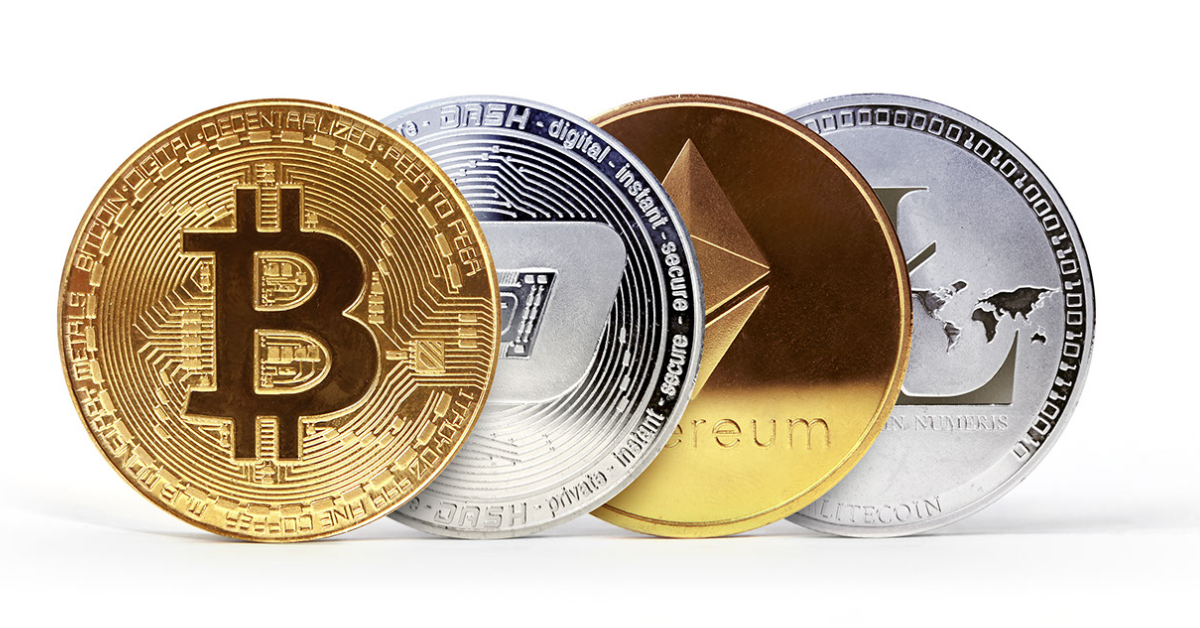Blockchain technology is booming (duh) and with that, decentralization is reaching new pockets of society. We’re slowly chipping away at our outdated systems and I’m honestly thrilled.
However, some people still think that crypto is nothing more than fictional money. Don’t even get me started on that. If all digital money is fictional, that fairytale started decades ago when we threw out the gold standard. Good riddance, if you ask me.
The reality is that most people are blind to the legit opportunities that cryptocurrency provides. And they definitely don’t want to believe that people can use crypto for good. Take human rights activism. This is an area where the use of crypto has become an option and, honestly, a necessity.
The Currency of the People
Unlike the global fiat money system that’s monopolized by big banks, cryptocurrency is decentralized and democratic. On the blockchain, everyone is treated the same. It’s a one size fits all policy that works. Unbelievable, right?
On a technical level, an important aspect of cryptocurrency is that it operates on a peer-to-peer (P2P) basis. When you send a crypto payment, nobody can stop the funds from reaching your recipient. The transaction is uncensorable. So, you can send money to anyone without the risk of a hostile third party interfering. In other words, big brother’s hit a roadblock.

With this, cryptocurrencies have quickly become a favorite payment method for activists everywhere. But why are decentralized and unstoppable payments so crucial in fighting for equality and democracy? Let’s get into it.
The Importance of Private Payment Methods
In some countries contributing to a certain social cause can land you in a lot of hot water. But banks and payment processors don’t hesitate to collaborate with authoritarian governments. It’s not like they have a choice.
When you’re in that situation, it’s their way or the highway. And those who speak out risk getting blocked from all financial services.
And this is not just a hypothetical scenario. It’s happening around the world right under our noses.
- Hong Kong – During the Anti-Extradition Law Amendment Bill Movement, many protesters had their bank accounts closed. The authorities even shut down their accounts on alternative payment providers. How could they have funded their movement and avoided government intervention? With crypto of course!
- Russia – In the recent 2021 Russian protests, led by opposition leader Alexei Navalny, cryptocurrency was an important tool for their cause. Navalny continues to urge his supporters to educate themselves and use crypto as a form of fundraising. He said that crypto could be a robust tool for their movement because it is not controlled by central banks or governments.
- Cuba – Influencers in Cuba used the hashtags #SOSCuba and #SOSMatanzas to fuel their movement. Here the focus was to receive money from Cubans abroad. And crypto was the easiest and fastest way to get direct support. Cuba is an interesting case. With such an authoritative government and the U.S. trade embargo, residents do not have access to typical funds via Visa or Mastercard. It’s a country where crypto can really shine and take the forefront in helping the quality of life for its citizens.
Authoritarian governments worldwide are well aware that cash is still the #1 source of funding for activists and protesters. That’s precisely why we’re observing a global push for transitioning towards an entirely cashless society. Dictators want to stop protestors right at the source.
It’s only a matter of time before cash is abolished. What will happen when activists can no longer use the financial tool they’ve depended on for so long? How can we prevent this from happening?
Goodbye Cash: The Rise of Central Bank Digital Currencies and its Dangers
Cash is on its way out, and more calculated governments will use this transition as a way to enact even more control. Just look at China. It banned crypto, while offering incentives for its citizens to adopt the digital yuan. Definitely sus.
China couldn’t be any more transparent. They aggressively target Bitcoin one day, and then throw parades for their own digital currency, the next. This is nothing more than a way for China to monitor their economy and citizens. Think about it. If every transaction is electronic, the central bank can easily track spending activity. Next thing you know, you’re on the bottom of China’s social credit system.
Make no mistake, central bank digital currencies are not in the same realm as decentralized cryptocurrencies.
Cryptocurrency: A Necessary Tool for Human Rights Activists and Protesters
Cryptocurrency really has the potential to empower activists with simple P2P funding. Crypto is permissionless and uncensorable. There are no intermediaries here. No more middle man! More power to the people!

For human rights activists, cryptocurrencies are not just about getting rich. They are much more critical. They provide an invaluable tool for everyone who wants to enjoy their right to create social change. This is so valuable in places where the government is not on your side.
Blockchain: the Future of Human Rights
Technological advancements have given oppressive regimes many new tools to control the population. Surveillance technologies are everywhere. Without new measures to counter and disrupt authoritarian policies, activists face a very bleak future. They will be virtually powerless. Fortunately, cryptocurrency is proving to be an extremely effective tool in the struggle to uphold human rights.
Perhaps the most essential phase of blockchain adoption is taking place not in the banks, but on the streets. Human rights activists have discovered that crypto is a powerful and indispensable tool that can help to advance progress when the traditional system fails them.
What do you think about this? How do you see social movements adjusting to our cashless system?
Want to be the first one to see my new posts? Make sure you’re following me on Linkedin, Twitter, and Instagram.
